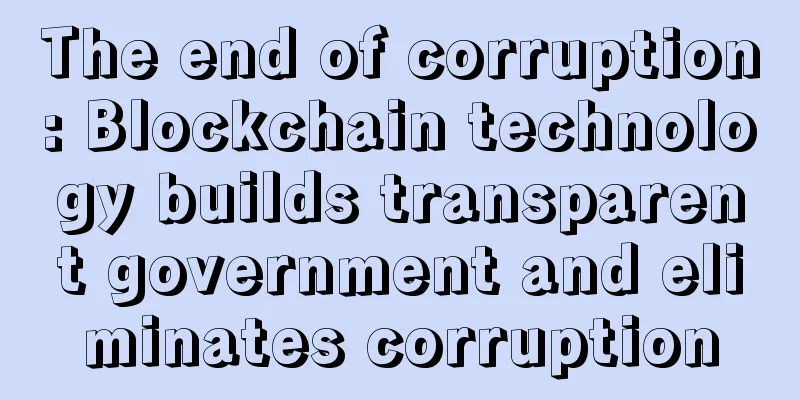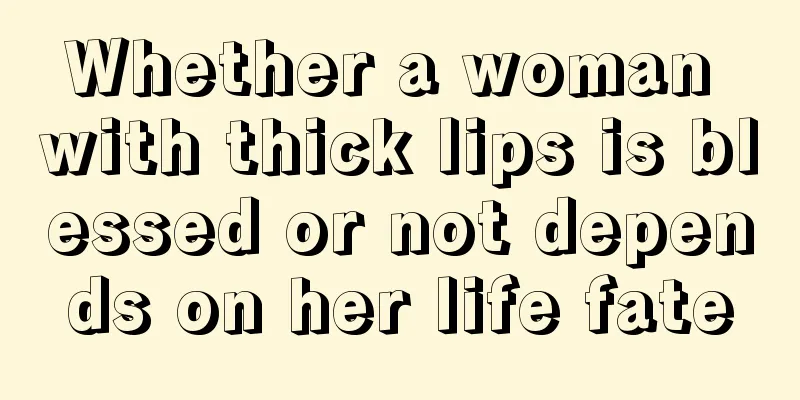The end of corruption: Blockchain technology builds transparent government and eliminates corruption

|
Among the many advantages of digital currencies, the transparency that blockchain offers in storing transaction data is the most attractive feature. This benefit of blockchain transparency comes in very handy when it comes to maintaining transparency and preventing corruption in industries that use blockchain applications. Some government representatives, institutions and other social organizations are considering applying digital currency technology to the field of anti-corruption. Blockchain technology was originally developed as the backbone technology of the Bitcoin network. The blockchain maintains a record of all transactions that have ever occurred on the Bitcoin network. These transaction records can be stored in a database forever, and the latest transactions can be cross-referenced to ensure their validity. Recently, the Washington DC-based 'New America think tank' proposed using blockchain-based applications to eliminate corruption. The idea was proposed by Tomicah Tillemann, director of the Bretton Woods II project. The idea has now entered a more substantial stage, with the announcement of a new project: the Blockchain Trust Accelerator Initiative. The project is jointly conducted by the New America think tank, blockchain company BitFury and the non-governmental organization National Democratic Institute. Through this project, the partners plan to encourage cooperation between governments, private institutions, technical experts, investors and other institutions and individuals to quickly develop and implement blockchain-based applications for social welfare and governance. England’s blockchain anti-corruption progressThe use of blockchain technology to eliminate corruption has been considered before the Blockchain Trust Accelerator project. British politicians and bureaucrats have discussed the use of blockchain technology to fight corruption many times. Not long ago, Matthew Hancock, a minister in the British Cabinet Office, proposed using blockchain technology to monitor and track taxpayer-funded research funds. According to Matthew's proposal, by recording the flow of funds on the blockchain, the government will be able to ensure that the funds can be used for research as planned and not for other purposes, thereby preventing corruption. Last year, London mayoral candidate George Galloway had expressed his desire to use blockchain for London’s budget, so that everyone could transparently and publicly check government spending. Unfortunately, this idea did not come to fruition. The public all over the world has been affected by corruption among government employees and departments. This has become a global phenomenon. However, with the active participation of governments and the implementation of blockchain technology-based applications in various sectors, corruption will be greatly reduced and increased transparency will improve government governance. |
<<: At this critical moment, the wrong choice will lead to the destruction of Ethereum
>>: Analysis of the DAO Exploit
Recommend
Decentralized emergency response CELL411 receives angel investment
Decentralized emergency response application CELL...
What does nasolabial fold mean in physiognomy? How to read nasolabial fold in physiognomy
The nasolabial folds are the lines located on bot...
BTM mining, look here, Biostar TB350BTC 6-card mining guide
The recent price cut of Antminer has made many pe...
UAE telecom giant Du sees 'unlimited' potential in blockchain
Rage Comment : UAE telecom giant Du believes that...
Can the mole on the eyebrow be removed? What are the impacts?
The moles on a person's face are closely rela...
Is it good to have a short career line? What does a short career line represent?
Is it good to have a short career line? What does...
The most loyal man in love
The most loyal man in love Man with full forehead...
What is the fate of people with sword-shaped noses?
The sword-shaped nose has a straight nose bridge ...
Three major difficulties faced by central banks in issuing digital currencies
Today, the global monetary system has entered an ...
What kind of person is a hypocrite?
Everyone loves a gentle and modest gentleman, but...
Glassnode Report: Selling pressure from Bitcoin miners is coming!
The bitcoin market began to show signs of selling...
A weak sense of morality will lead to self-destruction
If a person has a sense of morality, it will gene...
Percentage of Bitcoin sold by miners to exchanges hits one-year low in Q2
The percentage of bitcoin sold by miners to excha...
Synereo CTO talks about lessons from DAOs: how to avoid trust abuse
Synereo is working on figuring out how DAOs shoul...
Coinbase and Binance launch new currencies, who is suspected of insider trading?
This report observes the price trends of new coin...









